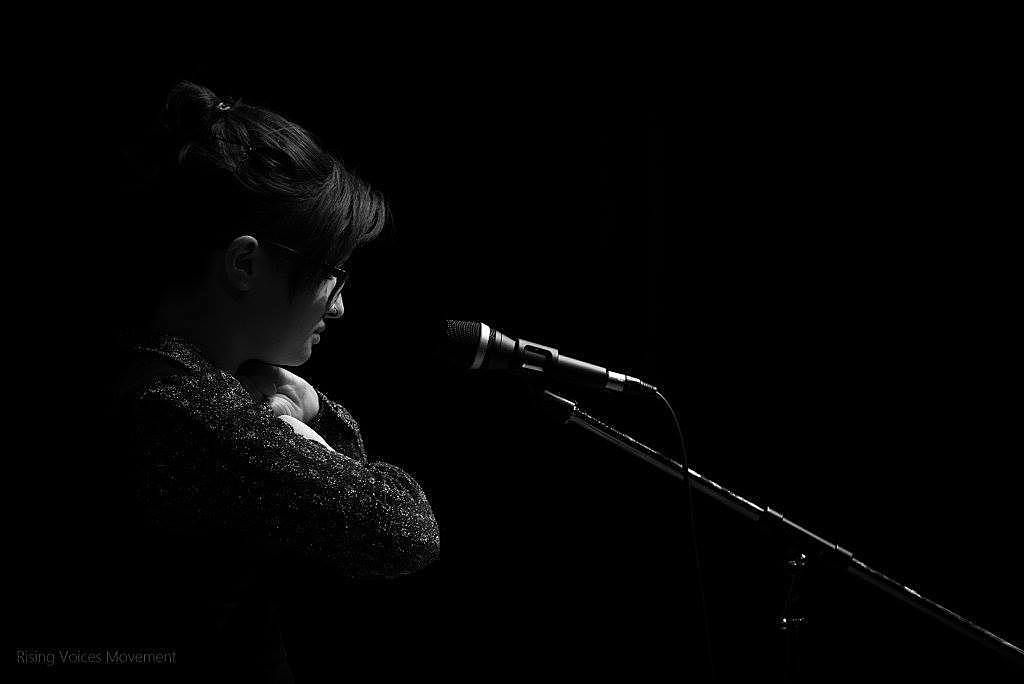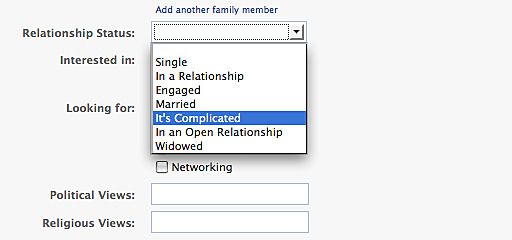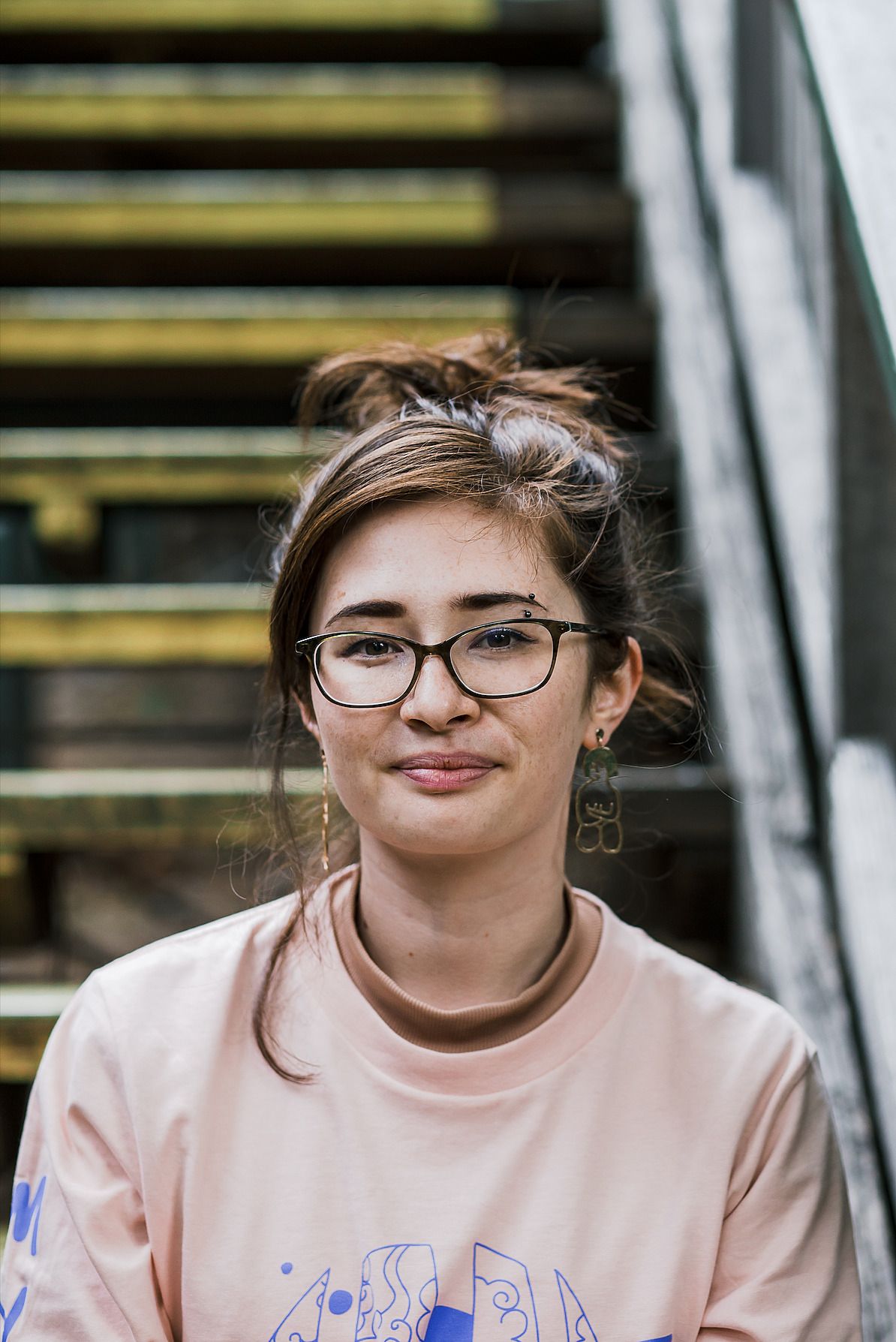To Tell You the Truth
Can you ever truly move away from an artform that helped shape you? What about when you’re forced to? Van Mei grapples with the struggle of separating an art form from its community.
Spoken word was my way into writing. As a teenager, the form chose me. I fell into it, got punched clean in the gut. We fell hard in love on the web, my breaths punctuated with non-realistic metaphors and wobbling you’s and I’s. I was a young mixed-race woman on the internet with undiagnosed trauma and access to a Tumblr; spoken word was like inhaling carbonated air.
Spoken word did not shame me for my inability to add full stops to anything. It gave me access to poetry in a language that I could pay attention to. It rewarded my writing for being fast, blurred and breathy, my sentences permanently underlined by red incisors. Whether I was speaking or typing, the genre rewarded me for connecting my lived experiences and impulses to wider forms of discrimination.It didn’t punish me for forming sentences the way my tongue was used to, weird turns of phrase softening in my mouth like broken yolk on a piece of toast.
My earliest relationship to spoken word was, funnily enough, disembodied: peeking in through the shower curtains of the internet. Through an all-hours playlist of YouTube videos, I learnt that there were ways to speak about queerness, race, womanhood and trauma through voicing them creatively. I learnt that there was a place where you could speak your body, name it and own it, and grapple with the long-tailed silence of shame that gets uncovered during teenagehood. My best friend and I swapped YouTube links like trading cards. “This one’s about women and this one’s about sex,” I typed. “They’re both good.”
The message of a spoken-word poem tends to form a take-away of a deeper topic, such as racism or sexism. It is spoken as an insistence, a call to arms, a quivered honesty. From Andrea Gibson on queerness, Danez Smith and Mahogany Browne on Blackness, voices are raised in proclamation through anecdote and metaphor toward women’s liberation, body positivity, trans justice, uplifting outcast voices.
It is spoken as an insistence, a call to arms, a quivered honesty
Spoken word as a genre has been championed by marginalised voices whose traditions favour oral storytelling, by those who prefer the blended style of both writing and performance, and by those who may feel shut out of other literary spheres. While the voices of spoken word are typically thought of as young, there are many artists who continue to practice and perform it irrespective of age. Marginalised voices have both been attracted to, and relegated to spoken word, pinned to the form because their identities and selves are seen as inherently confessional. As if the only worth that we can bring to literature is through the stylised confession of our pain.
Spoken word for me was an introduction to a style of writing, as well as the formation of a community. I suspect I’m not alone here. The people alongside you are a huge part of the experience: its ability to join unlikely groups together makes it fit into social work and advocacy so naturally. It’s also why it has felt so hard to articulate my time there cleanly. From that rough first screech of a microphone, I found my way into the pulse of Auckland’s growing spoken-word scene and then, eventually, tried to work my way out of it.
I took to the form like fireworks. It wasn’t long before I thought that could be my shaking videocam’d voice in front of the microphone. After hiding decorative prose like a secret trick in debates and speeches, I took my first proper steps into performing poetry in the dim stagelight of The Thirsty Dog. Every Tuesday night, crowds of self-identified misfits would cluster to the joint, teetering on the Ponsonby edge of K Road, to share their songs and sorrows across swigs and smoke breaks. I pushed the heavy door open and scrawled my 18-year-old name down for one of the last available slots. By the time I was called up, barely anyone was sober and half my friends had gone home. I remember being given a phone number at the end of the evening by a writer who liked what I had shared. I felt that wiry buzz of electricity from being seen to be special, of being noticed and validated. It was the first place I felt, genuinely, like I could be one of them, a writer.
In an essay for Landfall, published on The Spinoff, Tracey Slaughter writes that she has “been to a place where I lost my faith in language, where I knew words didn’t count”. This is in reference to her time spent in hospital grappling with unidentifiable chronic pain. I recognised the same hollow in my chest, for different reasons. I stopped writing for spoken word and quit altogether for a period, after experiencing prolonged sexual and emotional abuse from a mentor who was facilitating the youth spoken-word programme I was attending, a man who had once spotted me on the street and welcomed me into my “new family”.
It was the first place I felt, genuinely, like I could be one of them, a writer
How do you describe a hollow period of your life? One whose terrors and seductions can only be experienced, not fully remembered? It feels impossible to describe what it is like to be so psychologically and bodily under a person’s grip of fear and admiration. It falls short of language for me, not because I can’t describe it but because it’s not something I wilfully recall. Because language feels too clean of a recounting, leaving none of the heft of living inside that muddy state of emptiness and confusion, desire and betrayal.
There is an impetus within spoken word to speak your truth and to tell your own story. For young people who have little space to share their uncensored feelings in a controlled environment, that space becomes a blessing for them, a place to air out what can otherwise grow to fester. Spoken word works particularly well for young people as a platform to push back against stereotypes and obstacles. Marginalised voices are able to grapple with the societal narratives everyone else is pushing onto them, about them and reclaim the reigns.
Action Education, a national youth programme that runs spoken word workshops and competitions across the country, knows that to speak your truth requires more than just your honesty. To do so requires the careful facilitation of spaces and audiences that are ready and equipped to receive you. It’s the safety net that surrounds the story that makes it possible for oration to be a formidable moment of telling, more than just an errant and dangerous offloading.
In spoken word, both personal and political experiences of trauma can be used as narrative vehicles for truth-telling. That’s why there has to be careful protocol around how it is being taught and practiced. Action Education is as careful as they can be, having collaborated with health experts and teachers to put forth a continually evolving best-practice guide for educators on how to navigate this environment. “If you’re not doing it safely,” says Ramon Narayan, the head of Action Education, “you can really bring young people into a vulnerable space.”
Spoken word couldn’t stop me from being robbed of a voice, despite handing me one
So much of the potent political ability of ‘speaking your truth’ or ‘choosing your own narrative’ began to feel farcical instead of formative after my period in freefall, dealing with abuse behind closed doors. I was free to choose my narrative, but the narratives I chose to speak publicly were the ones that kept a person who hurt me protected from accountability. I was given a platform to have a voice, but I was unable to speak clearly on the issues that were affecting me, ones I could barely wrap my head around. I was grappling with the victim narrative, feeling convinced that I was to blame. Speaking that aloud felt confusing. Spoken word couldn’t stop me from being robbed of a voice, despite handing me one; nor help me decide what to do with a person who had forsaken my safety. In some ways it had helped facilitate the circumstances I found myself in. Later on, the stories I told were the ones in which I was good and I was believed. I read the poems in which I didn’t have tricky desires or messy histories that might challenge someone’s perception of what I deserved for being young and violable. As Lisa Taddeo writes in her publicly celebrated book Three Women, about a witness in a trial against her teacher for sexual misconduct, “You can fuck up like that only once. Twice, you get branded.”
Feeling unable to have my story believed and given credence highlighted the growing dissonance between myself and the genre at that time, between living my life publicly and performing it to an audience. It made me reassess the power in sharing personal experiences of trauma, when you’re not sure of what you’re saying, nor of who’s listening. I sometimes feel scared by the black and white conviction of the internet, especially after realising how dramatically my perspective on an experience could change. As the writer Sophia Giovannitti puts it, in this brilliant essay on ritual abuse and false memories:
“… just as sex is confusing, so too is abuse. Even if those outside of a situation can clearly call what occurred abuse, it was not necessarily experienced that way by the person targeted, often for reasons of self-preservation. We should be able to talk about all of these ways of experiencing without being told we’re lying or mistaken ... In a society where justice is equated with punishment, there is no room for nuance in violation.”
I sometimes feel scared by the black and white conviction of the internet
All I had as proof of my innocence was my word against a liar’s, one word on top of another. There were so many words, and speaking out couldn’t count in place of substantive action. Confessing my pain had led to more confusion, more questions on what it was I wanted to do. Although I experienced mentor abuse in the spoken word community in particular, I’ve heard the same ring true in many other creative sectors, like dance and acting.
These are the spaces where we are supposed to be free to be ourselves, and yet in many instances we are targeted and shamed. How can confessional art forms act as vehicles for change, if abusive actions within creative communities aren’t held completely to account? How can we afford to appear outwardly radical if we are not ready to face the insidious and common reality of men in our creative spheres acting abusively and predatory?
There are people, mostly men, who have argued about my resistance to spoken word, my desire to walk away from performing. They told me I didn’t get it, that the genre is different to what I think it is, that I’m doing as the establishment does: purportedly villainising spoken word by pointing out its weaknesses. Like many niche art-forms, there comes a sense of togetherness borne from the feeling of non-inclusion, a banding together based on belonging to the fringe. To reveal your negative experience can feel like you are committing the deepest betrayal, by tacking onto what everyone else is saying. I’m like, leave me alone. Where then can there be space for communicating these complex experiences? It was the men I heard most often, voicing that doors were being closed in front of them. It was men I most regularly saw performing inside the spaces they’d created. Amidst the gallingly beige author names found everywhere in publishing, it was the men in spoken word proclaiming that their revolutions were different, a male poet who hurt me the worst and, ironically, by not fully listening, men who took away the power of my own disagreement.
I’ve more or less moved on from my ex-boyfriend of a genre
I don’t really write spoken-word poems any more. It was a personal choice, partly dictated by not wanting to stay stuck in a room full of my own loss. I’ve more or less moved on from my ex-boyfriend of a genre. Perhaps I am still lying low, still hesitant about feeling failed by something. Perhaps I’m not trying hard enough to sustain what we had, and putting the weight of the world on a genre that never promised it would solve everything. It’s awkward trying to reconcile the way I write now, with the way I used to. It’s too connected to who I used to be. It feels like there’s less I can say now that I have complete confidence in delivering.
As a performer of spoken word, you have to have confidence. At least some conviction that what you’re saying is worth its time and weight. Yet I get jumpy at the styles of the genre that assume the punchiest voices of the internet, the ones guaranteed to garner reaction: a righteousness that borders on arrogance, a maniacal return to the fact of being wronged. Maybe I haven’t healed enough yet. It scares me though, the amount of TMI info that is shared both online and on stage, the stories that are locked down into shared history forever, until the next revision. Spoken word isn’t therapy. Interpersonal exchange carves out space for healing, but feelings are also made public in an age where every facet of your life has already been told, sold, optimised and commodified. Perhaps that’s true of every genre, but it feels especially true of this one. If you’re not careful, and the space isn’t safe, your identity can become calcified to the speech of your pain: your ‘you’-ness delegated to experiences of other-hood and suffering, whether your own or co-opted. I’ve felt sick of being asked and expected to speak on issues like sexual violence, with sexual violators in the room. Nor have I felt able to speak directly to my experiences without protective self-censorship. I’d rather say nothing than be misquoted on my own experiences.
Tackling the issue of where I feel failed by performing poetry moves me across several topics: how arts communities continually support and protect abusive people in power, where I CBF with holier-than-thou identity politics, where woke forms of expression regurgitate the punitive logic of the internet. I have become bored by ‘speaking my truth’ when truth in itself is mercurial, retractable and constantly changing; when a person’s capacity to receive truth is just as much the same.
Even as I feel resigned to being an ex-spoken word artist, the genre did and does mean something to me. It was access to literature and creativity in a way that didn’t feel gatekept. Spoken word came to me at a time when I was desperately needing an outlet to articulate my feelings. I feel heard now, or I don’t have as much of a drive to be understood by everyone. I was afraid – I still am – of writing these words down, when nothing is clearcut. I’ve lost faith that writing a good enough poem will stop shit-bag ex-abusers from being placed in charge of young people. I want to believe that creative genres can be actual - instead of just purported - safe spaces, but I’m doubtful when there’s such a long road of redress ahead. I think I’m okay with not needing to boil things down anymore, to leave my identity on simmer, to turn that microphone off. That ability has come from a place where I was able to share my griefs and hurts with those that could hold the aftershock, both on stage and off.
Feature image credit: Jocelyn Janon, 2015


